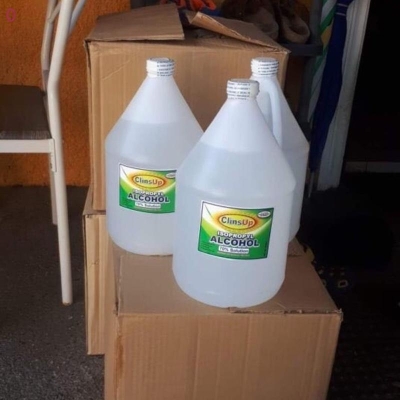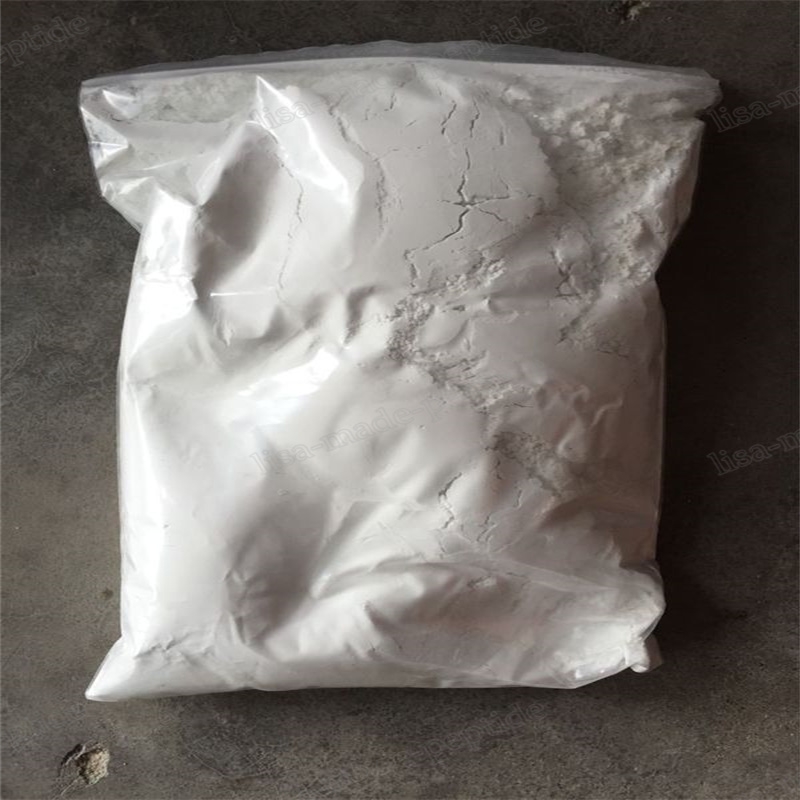-
Categories
-
Pharmaceutical Intermediates
-
Active Pharmaceutical Ingredients
-
Food Additives
- Industrial Coatings
- Agrochemicals
- Dyes and Pigments
- Surfactant
- Flavors and Fragrances
- Chemical Reagents
- Catalyst and Auxiliary
- Natural Products
- Inorganic Chemistry
-
Organic Chemistry
-
Biochemical Engineering
- Analytical Chemistry
-
Cosmetic Ingredient
- Water Treatment Chemical
-
Pharmaceutical Intermediates
Promotion
ECHEMI Mall
Wholesale
Weekly Price
Exhibition
News
-
Trade Service
A few days ago, the Ministry of Commerce issued the first batch of export quotas for refined oil products in 2021, totaling 29.
The reporter noticed that the private refining and chemical company Zhejiang Petrochemical, which received a 1 million tons of refined oil export quota for the first time at the end of 2020, continues to be on the list this time, and the export quota has increased to 2 million tons, contributing most of the quota for this batch.
According to industry insiders, although state-owned enterprises still dominate the export quotas, with the follow-up policy boost, the proportion of private quotas may be further expanded.
Private enterprise quota increase
Specifically, in the first batch of refined oil export quotas in 2021, general trade quotas totaled 26.
The "Opinions on Creating a Better Development Environment and Supporting the Reform and Development of Private Enterprises" issued by the Central Committee of the Communist Party of China and the State Council at the end of 2019 pointed out that supporting qualified enterprises to participate in crude oil import and refined oil export has become a liberalization of refined oil export rights to private enterprises.
At the end of 2020, the third batch of general trade export quotas for refined oil was issued, and Zhejiang Petrochemical received an export quota of 1 million tons.
"As large-scale integrated refining and chemical companies such as Shenghong and Hengli show more export intentions, it is believed that these companies will also receive export quotas in the future.
Full liberalization is not realistic
In the context of the current surplus of refining capacity, my country's export volume of refined oil continues to rise, and it has become a major exporter of refined oil in the Asia-Pacific region.
With the successive commissioning of large-scale refining and chemical integration projects such as Hengli Petrochemical and Zhejiang Petrochemical in 2019, competition in the domestic refined oil market has become more intense.
From the perspective of the industry, export is an effective way to absorb domestic surplus refined oil.
However, many interviewees told reporters that the export of refined oil will not be fully liberalized for all private enterprises.
"I personally think that it is unlikely to fully liberalize the export of refined oil.
" Dong Xiucheng, a researcher at the National Opening up Research Institute of the University of International Business and Economics, told reporters bluntly, "The oil refining industry is actually a high-consumption industry.
From the overall industrial layout In other words, the country hopes to optimize the industrial structure and eliminate outdated production capacity.
It does not want to make it into an industry of “two ends, large imports and large exports”.
Both large-scale import of crude oil and large-scale export of refined oil are also the same.
We go against the orientation of climate change, energy conservation and emission reduction.
"
In Pang Guanglian’s view: "The export of refined oil is not a goal, but a way to regulate the domestic market.
We should choose capable companies to export instead of exporting for export.
The direction of encouraging refining and chemical integration enterprises is correct.
It can give full play to the comprehensive advantages of the company to produce less oil products and more chemical products.
In this case, if some oil products face strong domestic competition, in order to maximize the overall benefits, it is possible to ensure the export of a certain amount of products.
Encourage.
"
Low oil prices promote cost reduction and efficiency improvement
However, it is worth noting that due to weak demand in the international market, the current situation of refined oil exports is not optimistic.
Statistics from Longzhong Information show that in the first 11 months of 2020, my country’s gasoline exports fell by 0.
6% year-on-year, diesel exports fell by 7.
44% year-on-year, and jet fuel exports fell by as much as 26.
75%, which also led to a lower export quota completion rate than in 2019.
14.
38 percentage points over the same period, only 70.
5%.
"The poor consumption of the entire international market in 2020 has led to the incomplete quotas of some companies.
Therefore, in 2021, the quotas of several companies, including Sinochem, have been reduced.
" Pang Guanglian said.
Zhang Liucheng, vice president of Dongming Petrochemical, said: "Currently, refined oil products are in surplus globally, and competition for both export and domestic sales is very fierce.
"
On the other hand, my country's oil refining capacity is still expanding.
The China Petroleum Institute of Economics and Technology predicts that by 2025, China's comprehensive crude oil processing capacity will exceed 1 billion tons.
In the opinion of many interviewed experts, the current international oil supply is generally loose, and low oil prices in the future may become the new normal and be transmitted to the downstream of the petrochemical industry chain; domestic and international dual competitive pressures will push backward refining capacity out and refining Enterprises reduce costs and increase efficiency.
"Excess production capacity does not make any sense.
Products cannot be sold out, causing companies to lose money and damaging the market.
Market competition will further force the reduction of refining capacity.
Small and medium-sized refining and chemical companies that are not competitive will be eliminated, and the industry will be more.
The land is moving towards integration.
" Pang Guanglian said.
Transfer from: China Energy News
[Copyright and Disclaimer] All copyrighted works belonging to this website must be authorized when reprinting and indicate the source "China Industrial Economic Information Network".
Offenders of this website will reserve the right to pursue relevant legal responsibilities.
Any reprint of articles and corporate publicity information only represents the author's personal views, and does not represent the views and positions of this website.
For copyright matters, please contact: 010-65363056.
Further reading







